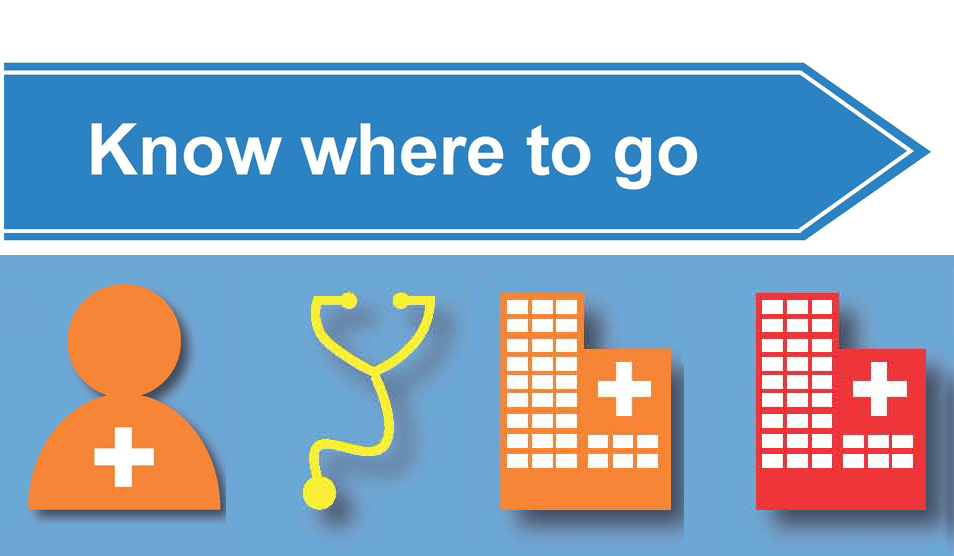Medical professional and educator resources

Our resources offer valuable guidance to enhance understanding and improve care for individuals with Sickle Cell Disease (SCD) and related red cell disorders.
Educators, healthcare professionals, and community members can access specialised programs, educational materials, and essential guidelines to foster a more informed and supportive approach. From classroom tools for teachers to critical clinical protocols, each resource reflects our commitment to creating knowledgeable, compassionate environments for those affected by SCD. Explore each section to deepen your knowledge and advance supportive care.
Clinical guidelines and professional resources
Education and awareness
Guidelines and clinical protocols
Disease-specific management


Supportive care and social health


Where to go for care Learn more
Feeling unwell? Had an accident?
If you need medical advice or treatment but you’re not sure whether to go to a GP, urgent treatment centre or A&E, click here for guidance.
You can also read more about our emergency services here.
Related news and updates
-
 Read the full story
Read the full storyImperial Lates: Happiness and Health
The Invisible Warrior team is hosting an interactive stand at the next Imperial College London Lates: Happiness and Health on Thursday 29 January. Learn more about Sickle Cell Disease and how this affects happiness and health for those affected.…
-
 Read the full story
Read the full storyDOUBLE YOUR DONATION: The Big Give Christmas Challenge is here!
Earlier this year, we shared that the ACLT would be taking part in The Big Give Christmas Challenge 2025. We're excited to let you know that the campaign is now officially live and we have one week to hit our target of £10,000. From 2nd-9th…
-
 Read the full story
Read the full storyWLHCC PPV Group Publishes 'Milestones' Report
The Patient and Public Voice (PPV) Group for the West London Haemoglobinopathies Coordinating Centre has released its Milestones report, following the inspiring event held in August 2025. The gathering celebrated resilience and shared wisdom across…


